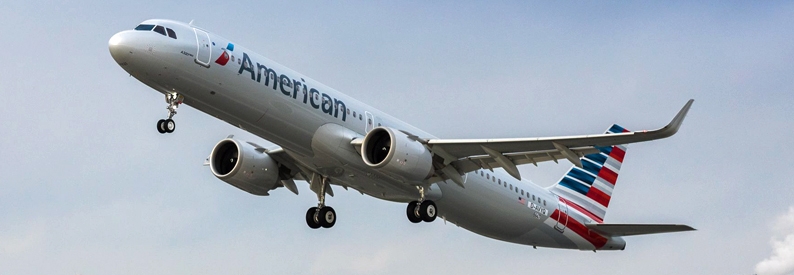American Airlines Incident: Hero or Hindrance? Passenger Actions on Flight 2045 Spark Debate

Oliver Jankai, a passenger on American Airlines Flight 2045 evacuating to Miami on Friday, likely had a weekend he won’t soon forget. Whether he acted heroically, posed a hindrance, or a mix of both remains uncertain.
The 50-year-old Austrian and his family were on board the Airbus A321, scheduled to depart San Francisco at noon. Their destination was the Copa America soccer final in Miami. However, the flight encountered a fire, originating from a bag under Jankai’s seat while still at the gate.
In an interview with a Miami television station, Jankai described how he and his son attempted to extinguish the flames but were unsuccessful. Despite requesting a fire extinguisher from a flight attendant, none was available. Eventually, Jankai’s son decided to open the door due to heavy smoke, against the attendant’s advice. Jankai then disposed of the burning bag out of the plane.
Firefighters retrieved the bag and submerged it in water, a standard procedure for such incidents involving smoking or ignited batteries on flights.
Following this incident on the ground, the drama escalated onboard Flight 2045.
Videos show a flight attendant directing passengers towards emergency exits after Jankai disposed of the battery. Despite instructions to evacuate quickly, congestion in the aisle prevented immediate movement towards the exits and emergency slides.
Jankai, visibly frustrated, attempted to explain to the flight attendant that the source of the fire was no longer on the plane. However, he was instructed to proceed with evacuation procedures.
The incident sparked controversy, with some observers criticizing Jankai for potentially delaying the evacuation and disregarding instructions that could have endangered lives.
The evacuation, intended to meet air safety regulations within 90 seconds, took nearly 3 minutes to clear the aisle for rear-seated passengers to start moving towards exits. This delay underscores the challenges in emergency evacuations and the importance of swift action.
American Airlines did not respond to inquiries about the incident’s handling or potential improvements to evacuation protocols.
The incident highlights the known hazards of lithium-ion batteries on airplanes, which can produce toxic smoke and extreme temperatures if compromised. With these devices outnumbering passengers on commercial flights, safety protocols remain critical to prevent such incidents from escalating.
Based on article by Christine Negroni – Author of The New York Times bestseller, The Crash Detectives, I am also a journalist, public speaker and broadcaster specializing in aviation and travel.
Sources: AirGuide Business airguide.info, bing.com, christinenegroni.com
